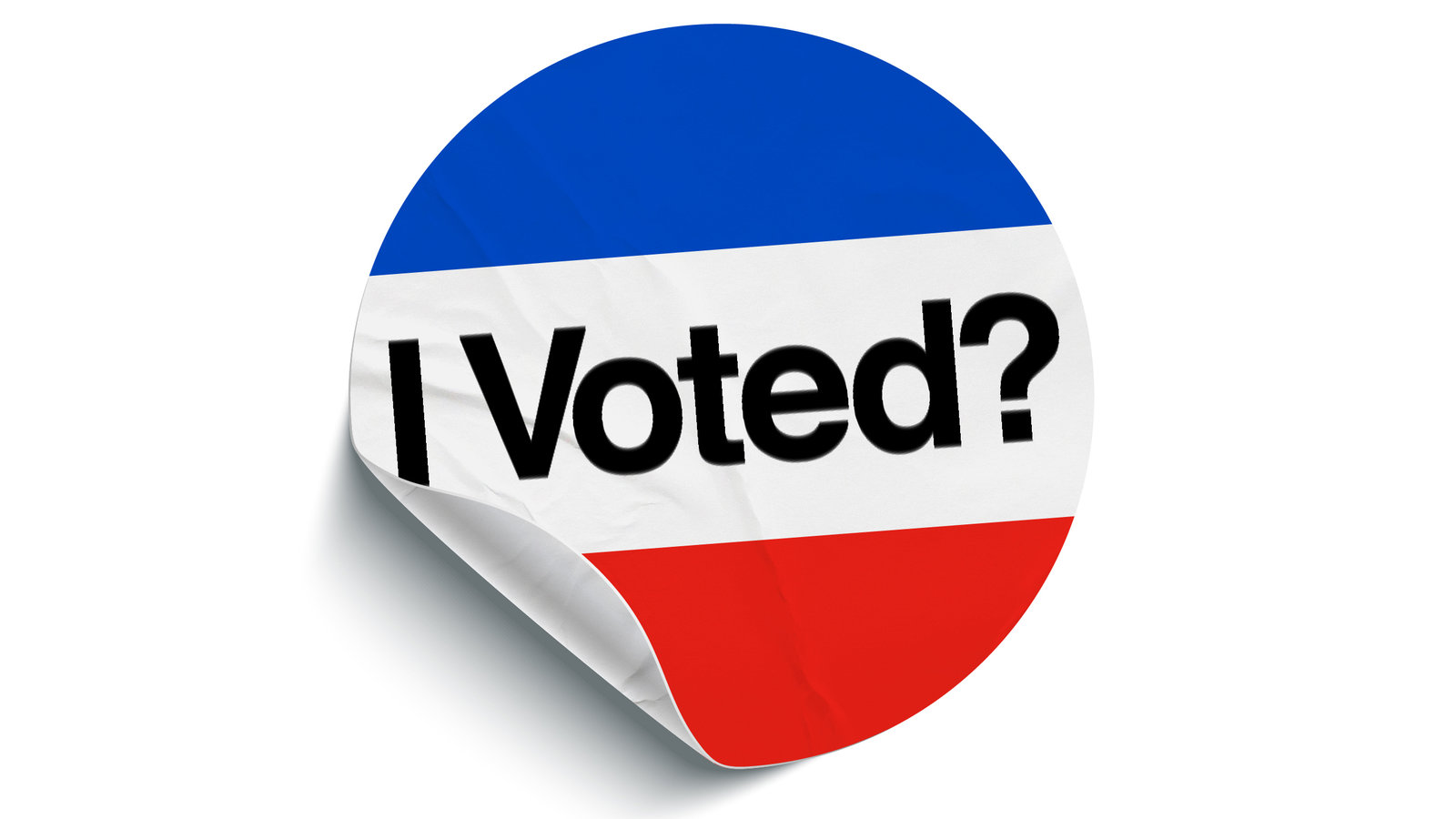NEW YORK CITY, NY – For the past few months, people have been bombarded by ads telling them to vote. Television, YouTube, and social media sites are riddled with short videos and thumbnails to “vote for your life” or “vote 2020.” However, people are skeptical about how much their vote is actually worth because of the electoral college and the issues it poses to democracy.
The electoral college is used to determine who wins the presidential election. It is not used to elect governors, mayors, state legislatures, and members of Congress, which is determined by popular vote. The popular vote means votes that come directly from the voters; however, in the electoral college, those votes are put towards assigning electors to vote for a certain party. In states where the voter population is strongly Democratic, a few Republican votes would be drowned out and not exactly counted, and the same goes for states that are strongly Republican. This is why swing states, or states that could go either Democratic or Republican in an election, are very important for the candidates running for president, as they can determine who wins and who loses. The results of the electoral college are supposed to be an accurate representation of the voters’ responses, but on multiple occasions, this has not been the case. In 2016, Donald Trump lost the popular vote, but won the electoral vote. According to nytimes.com, “Hilary Clinton won the national popular vote by almost 3 million votes, [but] Donald Trump garnered almost 57 percent of the electoral votes.” In 2000, George W. Bush lost the popular vote as well, but he still won the electoral vote. Other instances where this happened were in 1888 with Benjamin Harrison, 1824 with John Quincy Adams, and in 1876 with Rutherford B. Hayes.
The beginnings of the electoral college are rooted in the United States’ history of slavery, and have since remained through the Civil War, the abolishment of slavery, all the way to today. When the electoral college was created, the South and the North of the United States had approximately the same population, but ⅓ of the South’s population was made up of slaves, who could not vote. This presented the issue of the North having more power in the presidential election over the South in a popular vote system because of its larger voting population. This led to the development of the Three-Fifths Compromise, where the slave population in the South counted for ⅗ of what it actually was and the electoral college; however, this gave the South an edge in the elections over the North because fewer votes counted for more in the South. For example, according to “The Electoral College’s Racist Origins” published by The Atlantic says, “…the bonus electoral votes it received for maintaining slaves, all while not allowing those slaves to vote… made the difference in the election outcome.” The population count of the South that was boosted by the slave population, although only ⅗ of what it actually was, helped boost the South’s votes.
American citizens have seen the issues with the electoral college and how it affects election results and the representation of the people. According to npr.org, 65% of adults think that the electoral college should be abandoned, and it is clear that many Americans are looking for change. According to pewresearch.org, 58% of adults believe that the Constitution should be amended so that the candidate who wins the popular vote wins the election.
According to Alessandro Daliana, a Blockchain consultant in Manhattan who studied political science in college, “I think generally speaking, the electoral college should represent the people more accurately, and give people the means to be represented.” Because of how the electoral college works, some voices are not heard amidst the screaming majority of their state, and it makes people question how democratic the system is. Daliana says, “It favors a republican system [of government]. A democratic system [of government] will be skewed into a republican system to benefit somebody, more specifically, the landowning men, and in America, the white landowning men.” Daliana’s perspective reflects the electoral college’s history, steeped in slavery and racism.
But many Americans are already starting to move forward to a more democratic and representative system. Some of the states have “signed onto a pact that guarantees their Electoral College votes to the winner of the popular vote,” according to npr.org, in order to more accurately represent the voting population.
This election, millions of people are voting for the presidential candidate of their choice, believing that their vote will make their voices heard amidst the millions of other people. The election system and the electoral college, however, does not make this entirely true. Voices of minority groups are often drowned out by the majority, and work is being done to try to make the system so that every voter’s voice is heard and taken into account.



